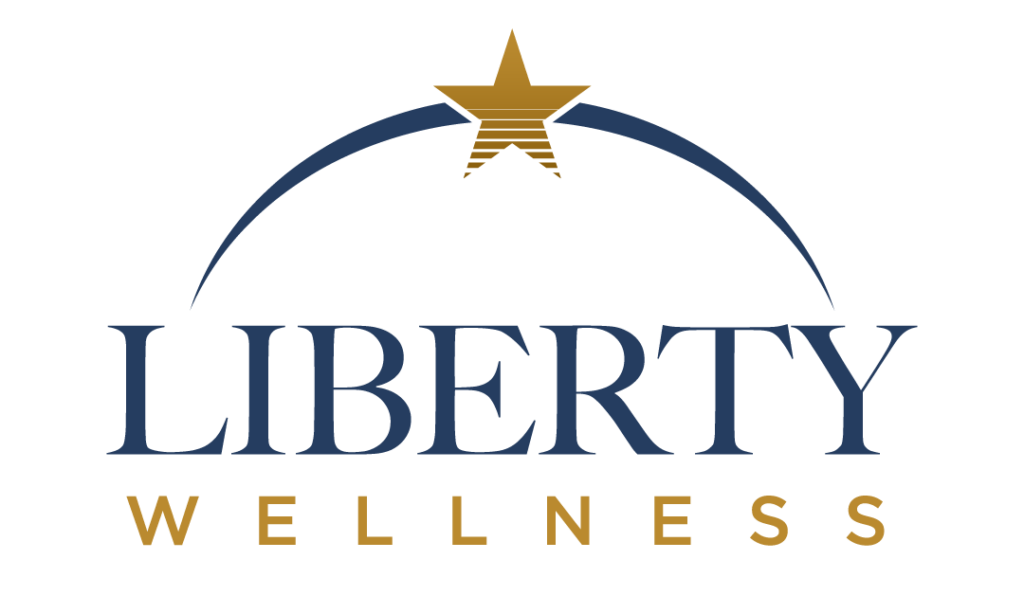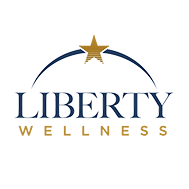The Essential Role of Nutrition in Addiction Recovery
Nutrition plays a crucial role in the healing process of individuals recovering from substance use disorders. Substance use directly affects the body and leads to negative lifestyle changes, such as irregular eating habits and poor diet. Proper nutrition can support the recovery by supplying the body with essential nutrients, energy, and substances necessary for organ health, immune function, and overall well-being.
At Liberty Wellness, our dedicated staff works to support clients through every stage of the recovery process, including nutrition. We know that a healthy body can not heal, so we focus on creating an environment that promotes mind and body health.
To learn more about the programs available at our drug and alcohol rehab in Berlin, NJ, speak with a treatment specialist today.
Understanding the Impact of Alcohol Use on Nutrition
Alcohol use is one of the major causes of nutritional deficiencies, particularly in the United States. Deficiencies in B vitamins and folic acid are common among individuals with alcohol use disorder. These deficiencies can lead to anemia and neurological problems. The liver and pancreas, both crucial for metabolism and nutrition, are also affected by alcohol use. Damage to these organs can result in imbalances in fluids, calories, protein, and electrolytes. Proper nutrition is essential in preventing complications such as diabetes, high blood pressure, liver damage, seizures, malnutrition, and shortened life expectancy.
The Connection Between Nutrition and Substance Use Recovery
Proper nutrition is significant in supporting the recovery process from substance use disorders. Nutrition affects metabolism, organ function, and mental well-being, all of which are impacted by substance use. Nutrient deficiencies observed in individuals with substance use disorders can contribute to physical and psychological health issues, potentially hindering recovery. By addressing nutritional needs, individuals in recovery can improve their physical and mental health, strengthen their ability to resist abuse of substances, and enhance their overall well-being.
The Importance of Balanced Meals and Regular Eating Habits
Establishing balanced meals and regular eating habits is crucial for individuals in recovery. Regular mealtimes help regulate hunger cues and prevent overeating or undereating. It is recommended to eat foods that are low in fat and incorporate a variety of nutrient-dense foods such as fruits, vegetables, whole grains, lean proteins, and healthy fats. A balanced diet provides the necessary energy and nutrients for the body to heal and recover.
Strategies to Improve Nutrition During Addiction Recovery
There are several essential strategies for improving nutrition during recovery. Clients should always follow the instructions of their medical professional.
To improve health through the recovery process, try some of these strategies:
- incorporate high-fiber foods and complex carbohydrates
- hydrate and balance fluits
- meal planning and preparation
- vitamin and mineral supplements
The Impact of Nutrition on Mental Well-being
Nutrition plays a crucial role in mental well-being, and this connection is essential for individuals in recovery. Balanced meals and proper nutrition support neurotransmitter production and regulation, positively impacting mood, cognition, and overall mental health. Adequate nutrition can help stabilize emotions, reduce cravings, and support a positive mindset during the recovery journey.
Establishing Sustainable Eating Habits for Longterm Nutritional Health
Aftercare and long-term recovery involve maintaining healthy habits and making sustainable lifestyle changes. Establishing sustainable eating habits is crucial for long-term success. Individuals in recovery should focus on maintaining a balanced diet, incorporating various nutrient-dense foods, and staying hydrated. Regular exercise, stress management techniques, and ongoing support from healthcare professionals and support networks are also crucial in sustaining healthy eating habits.
Even after achieving short-term sobriety goals, individuals are encouraged to continue focusing on their nutrition goals because ongoing nutritional health remains essential for individuals in recovery. Regular check-ins with healthcare professionals, including registered dietitians, can help individuals address any lingering nutritional deficiencies, modify meal plans as needed, and receive ongoing guidance and support for maintaining a healthy lifestyle. Nutrition education and support groups can also provide valuable resources and community for individuals in long-term recovery.
Choose A Premier Drug and Alcohol Rehab Center in Berlin, NJ
Liberty Wellness is a premier New Jersey addiction treatment center promoting total body wellness through holistic healing. Encouraging mind and body health ensures that our clients can focus on achieving their sobriety goals. We offer a peaceful sanctuary where individuals are understood and helped through tailored, evidence-based practices and holistic remedies. At Liberty Wellness, we are dedicated to supporting each individual’s unique road to recovery.
Learn more about our nutrition for recovery programs at Liberty Wellness.





